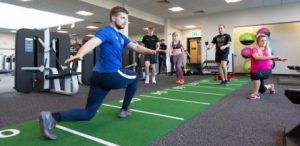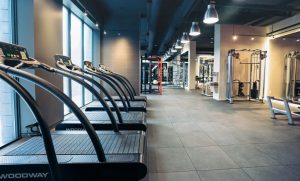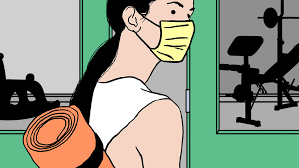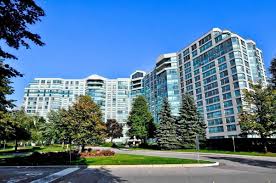 August 2021
August 2021
Some communities keep common areas open and maintain social activities during the pandemic while remaining in compliance with government directives. Others opt for indefinite suspension of all access to common areas, amenities and social activities.
Common areas are an extension of personal living space. It seems counterproductive to close amenities where mandated safety standards can be maintained.
The retirement home approach to multi-family living offers a realistic approach for high-rise and condominium communities. They have determined how to safely operate during COVID.
It is better to provide some level of socialization for residents rather than create more severe problems. They have found ways to safely maintain social interaction without closing common areas and cancelling all activities. Residents are better able to safely enjoy their home for however long COVID remains a concern.
Closure of multi-family housing common areas, social activities and programming is a short-sighted reaction to COVID making the response worse than the disease. While some closures are warranted, others are questionable and infringe on owner rights to access these non-public spaces.
High-rise and condominium communities can apply the retirement home approach to multi-family living by figuring out how to operate during COVID while complying with government-mandated restrictions.
Amenity Access during the Pandemic
 Some communities have chosen to close all amenities during the pandemic. Complete closure is simpler. Fewer spaces have to be monitored. There is no concern for physical distancing, booking of space or cleaning these spaces. Yet this is an infringement of owner rights to access space they own.
Some communities have chosen to close all amenities during the pandemic. Complete closure is simpler. Fewer spaces have to be monitored. There is no concern for physical distancing, booking of space or cleaning these spaces. Yet this is an infringement of owner rights to access space they own.
Owners may request access to amenities with appropriate protections and restrictions. This remains the sustainable and more complex approach.
Swimming Pools
Most communities have closed their swimming pools. One community has successfully kept it open throughout the pandemic in accordance with resident requests. After consultation with the Toronto Board of Health and legal counsel, the board decided to keep the swimming pool open with restrictions. Only one person or family can access the space at a time. This was important to their older population, many of which have medical conditions, with no other form of physical activity available to them.
Another community took a similar approach but residents failed to respect reserved time periods. There was insufficient time to properly clean spaces prior to use by others. Lacking compliance by residents, the board reverted to complete closure.
 There is no universal approach to amenity access during the pandemic. Considerations include mindset of the board, resident demographics and how spaces are configured. There may be no logical reason to close off access to reading, studying or working spaces. Exercise areas may be able to remain open with restrictions and certain precautions. A long narrow space may have to remain inaccessible if reasonable precautions are impractical. Where residents fail to maintain precautions, some communities may find their only option is to close off all access.
There is no universal approach to amenity access during the pandemic. Considerations include mindset of the board, resident demographics and how spaces are configured. There may be no logical reason to close off access to reading, studying or working spaces. Exercise areas may be able to remain open with restrictions and certain precautions. A long narrow space may have to remain inaccessible if reasonable precautions are impractical. Where residents fail to maintain precautions, some communities may find their only option is to close off all access.







